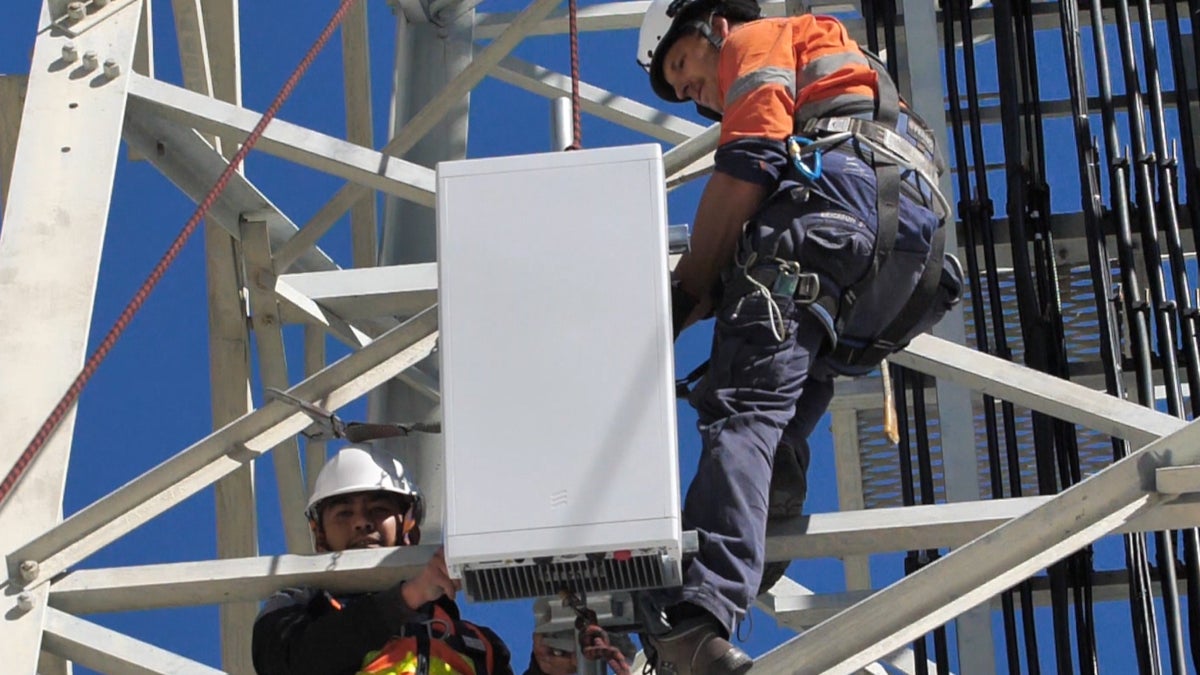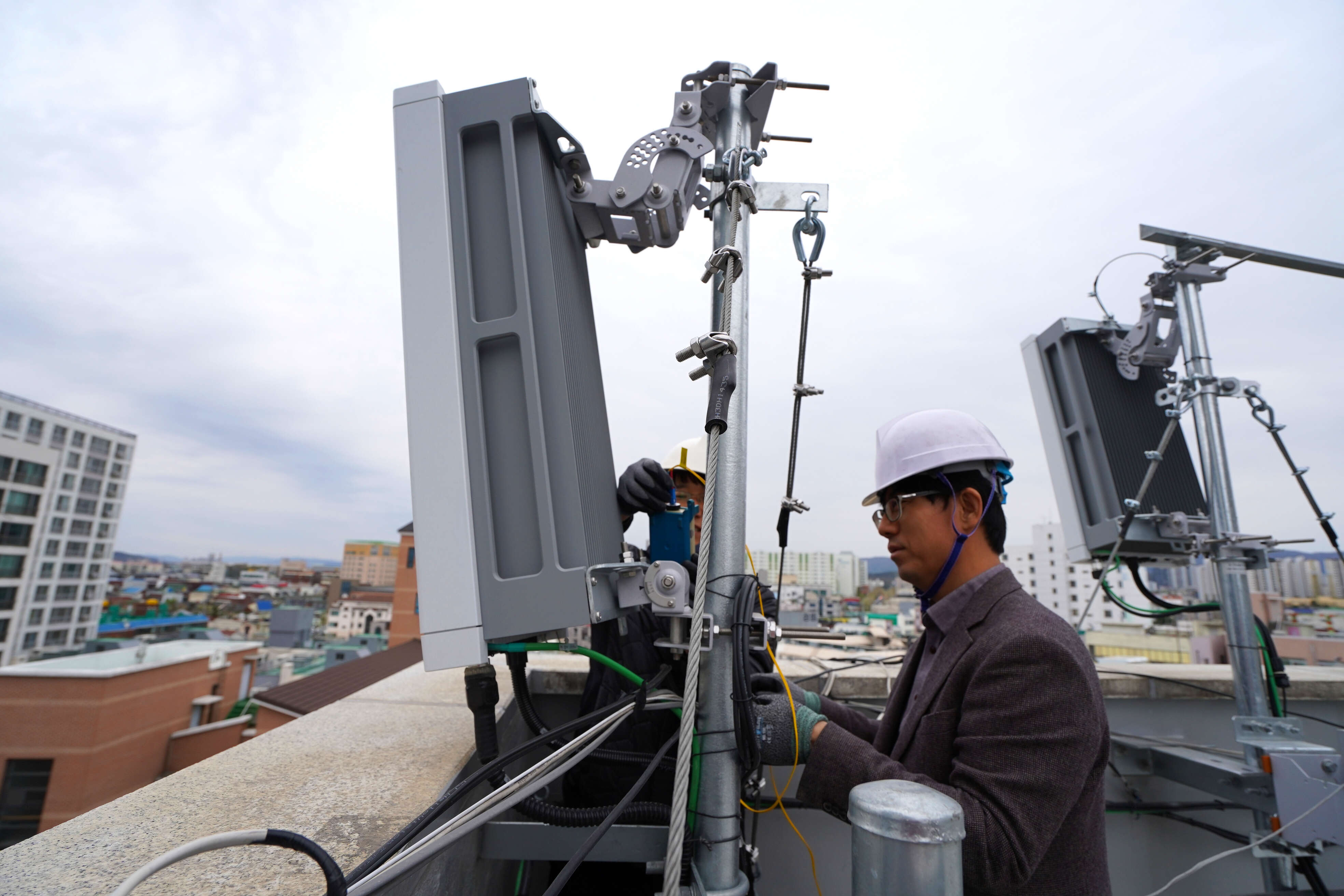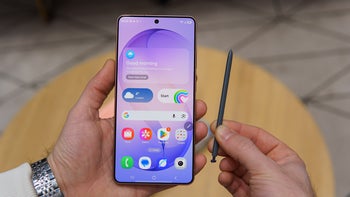Ericsson shows leadership in the 5G networking equipment market

UPDATE:An earlier version of this story erroneously credited Ericsson with being the leading supplier of 5G networking equipment. We regret the mistake and apologize. A corrected version of the story can be found below:
While Huawei is the leading supplier of networking equipment worldwide, Ericsson is coming on strong in the $80 billion 5G market thanks to one particular piece of technology. This equipment is now sold by Ericsson, Huawei and Nokia. However, the latter was late to develop it and Huawei could be blocked from producing it in the near future.
Ericsson's Massive MIMO technology is producing massive business
In February, Ericsson itself stated at a London press conference that it-and not Huawei-was the global leader in delivering 5G networking equipment. At the time, Ericsson's executive vice president Fredrik Jejdling said, "We've deployed 24 [live] networks across the world [in 14 countries]. We've been first to deploy networks across four continents. So for us, it's hard to see anyone ahead of us currently...we believe we have a competitive portfolio that is on a par or ahead of our competitors."

Ericsson engineers installing 5G radios in South Korea
Ericsson was able to beat out rival Nokia because of its Massive MIMO technology. MIMO, or multiple-input multiple-output, is used to send multiple signals from a cell tower to different receivers, like a phone. 2 x 2 MIMO, used on the iPhone 11, has two such antennas while the iPhone 11 Pro models use a 4 x 4 MIMO to allow for four simultaneous data streams to be sent and received by the device. More connections provide better quality phone calls and faster data speeds. The Journal, in describing how Massive MIMO works, says that it "sends wireless signals in strong jets to different devices."
While Huawei and Ericsson sold Massive MIMO gear last year, it wasn't until this year that Nokia had a similar product. A spokesman defended the company and says that it is on track with its long-term strategy. Nonetheless, Nokia is losing market share as Ericsson's Massive MIMO technology is favored by telecom executives since it allows more of its customers to receive signals from existing towers. This saves wireless executives from spending money to build new towers and prevents them from having to deal with all of the paperwork required to construct them. Ericsson and Huawei won contracts to supply 5G gear to China's three largest wireless carriers earlier this year. China is the second-largest wireless market in the world after the U.S. and Huawei isn't expected to win any major contracts in the states.
Huawei does have a major problem. Thanks to the latest restrictions on the company put in place by the U.S. Commerce Department, foundries using U.S. technology to manufacture chips need to obtain a license from the U.S. government to ship chips to Huawei. This will prevent the latter from receiving the cutting-edge components that it needs to sell its 5G gear with the quality that Huawei is known for. Despite this, Ericsson is not taking things for granted and is proceeding as though Huawei will be able to buy the semiconductors it needs from a Chinese source.
Ericsson's name popped up alongside Nokia's a number of times over the last two years as the U.S. desperately tried to develop an alternative to Huawei's 5G equipment. First, the Trump administration tried to get domestic networking suppliers like Oracle and Cisco to get on board, but both firms said that it would require too much time and money to do so. Attorney General Bill Barr suggested in February that the U.S. take a controlling interest in Nokia and Ericsson but other administration officials quickly knocked down the idea. Barr said that his plan was designed to make Ericsson "a more formidable competitor and eliminate concerns over its staying power." The firm presently supplies 5G networking equipment to the three major U.S. wireless providers: Verizon, AT&T, and T-Mobile.
Follow us on Google News














Things that are NOT allowed:
To help keep our community safe and free from spam, we apply temporary limits to newly created accounts: